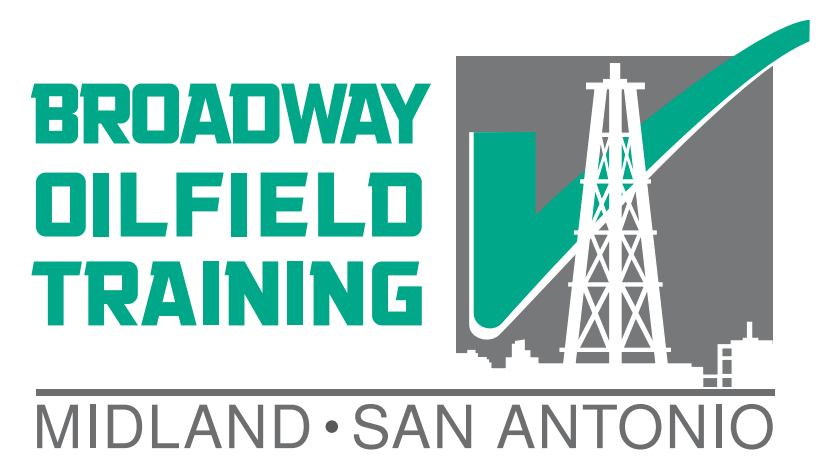During our SafeLand training in San Antonio, we teach a full RigPass module on garbage and waste management including spills. Although this seems like an intuitive topic, while questioning the students it turns out that there are many areas where they must unlearn some misconceptions.
WORKER DUTIES
A worker’s main duties with respect to garbage and waste management are to use proper housekeeping to keep the rigsite free of debris and to use the proper disposal receptacle. Unless the company has any other specific policies and procedures in place, then that is basically it. We find that several South Texas workers come to SafeLand with the false belief that waste reduction and recycling are a primary part of their duties when their company actually does not have programs in place for these activities. While waste reduction and recycling in general are noble pursuits, they should not be allowed to jeopardize health, safety, and the environment. If workers have any concerns about this then they should bring them up with their supervisor because everybody needs to be following the same waste disposal procedures.
CLEAN UP
In the South Texas oilfields, the standard mode of operation is to move fast and fix problems immediately. When cleaning up spills, however, this can put workers into serious danger. The first step in spill clean-up is to notify the supervisor and identify the chemical spilled. One SafeLand student told a story of a worker he saw who mopped up a spilled powder, but the powder immediately caught fire and shut down the entire worksite. This is not only embarrassing to the worker, but can risk serious and irreversible illness or injury.
COMMON PRACTICE VERSUS BEST PRACTICE
When back at the house in San Antonio, South Texas workers will often throw away items such as alkaline batteries and fluorescent light bulbs in the standard trashcan even though they shouldn’t. When we ask the workers in SafeLand if they have ever done this, everyone says that they have and that nobody has ever gotten in trouble for this. At the worksite, however, these items contain mercury and other chemicals and are thus considered a hazardous waste. Companies may have disciplinary policies for improperly disposing hazardous waste and in the case of a government audit the company could be fined a large sum of money for each violation. This shows the difference between standards of what is acceptable practice for disposing the same substance at home versus at the workplace.
Suggested Training : San Antonio SafeLand
Notice: Article is provided as is and for informational use only. Eagle Ford Training San Antonio, its owners, instructors, and affiliates hereto referred as the company shall have no liability for and you shall defend, indemnify and hold harmless from and against any claim loss demand, liability, obligation, and expense based upon any injury or damage, spill or pollution, product liability, or any other loss that may occur. The liability for the use of information is solely yours notwithstanding any act of error or omission by the company.
